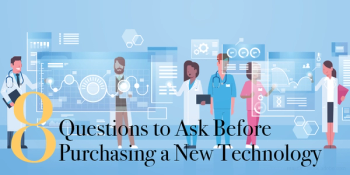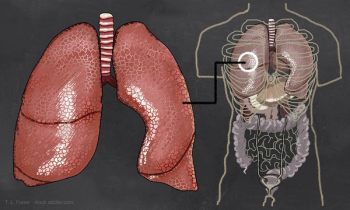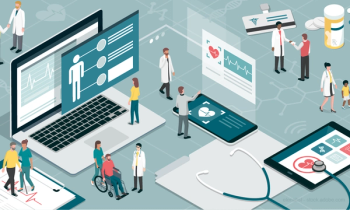
A southern California health system asked its in-hospital physician groups to contract with its insurance carriers. Here’s what happened.

A southern California health system asked its in-hospital physician groups to contract with its insurance carriers. Here’s what happened.

Why you need to move from a fixed mindset to a growth mindset-learning from your failures and changing how you see your abilities.

An analysis by Mergermarket, an Acuris company, reveals the top U.S. cities for healthcare M&A.

Managed care organizations need to look at how they can better manage their provider data-or risk getting left behind in a pile of spreadsheets.

In his recent State of the Union address, President Trump promised to continue lowering drug prices and fund research for HIV/AIDS and childhood cancer. Here are the ways experts say he will implement those pledges.

Healthcare growth opportunities for 2019 should pivot around the three big themes: digital transformation, value-based care, and patient-centricity.

FDA warns companies illegally selling drugs and dietary supplements claiming to cure Alzheimer’s and other conditions.

A group of community providers around Charlotte, North Carolina, joined to create a special workgroup to ensure that veterans have the best possible support to lead healthy lives.

Healthcare industry leaders share the biggest issues they foresee for their organizations. What can we expect in 2019?

Health plans have limited budgets for technology innovations. Here are eight questions to ask to help you determine what new technologies will offer the most value.

Workplace conflict is unavoidable, so it’s vital that healthcare executives learn how to resolve and manage diverse perspectives to create a high-performing organization. Here are 11 expert tips on how to manage conflict.

From diabetes to pneumonia, how hospitals are eliminating waste and creating healthier patients.

Jim Barlow of Geneos Therapeutics explains the role of value networks and strategies to increase cell therapy access.

Aetna and Apple partner on a new wellness app that combines activity-driven incentives and rewards with personalized health recommendations. Experts share their reactions.


FDA approved the first generic of a popular inhaler to treat asthma and chronic obstructive pulmonary disease

Are you getting the most out of your smartphone? From more knowledge to great efficiencies, these apps can get you more hours in a day.

Experts discuss what these trends entail, what’s giving them momentum, and how executives can get on board.

It’s an exciting time for healthcare technologies. Here are the ones you need to look out for in the next ten years.

Evidence-based decisions can help guide end-of-life care.

As the U.S. population ages into declining health, accompanied by mobility challenges in getting to healthcare providers, innovative solutions to care include bringing the health system and medical procedures to patients’ homes.

Implementing a value-based model requires much more than simply changing the payment methodology.

Louisiana’s subscription model aims to rein in the hepatitis C epidemic in the state.

Behavioral health services company Beacon Health Options brings outpatient mental health therapy to a Texas Walmart store. Here’s how experts say it will affect managed care.

CVS Health adds new migraine drugs to its list of covered drugs, but excludes one rival treatment.

The partial government shutdown is affecting the country in many ways-but how is it interfering with biosimilar development?

While the government shutdown doesn’t directly affect HHS, the shutdown is having profound and long-lasting effects on the U.S. healthcare system.

HHS releases voluntary Cybersecurity Practices guidance. Industry analysts drill down deeper.

A new report details the financial strain rising drug prices are having on patients and hospitals alike.

How Horizon BCBSNJ’s Episodes of Care program engages physicians in certain specialties in the value-based continuum.